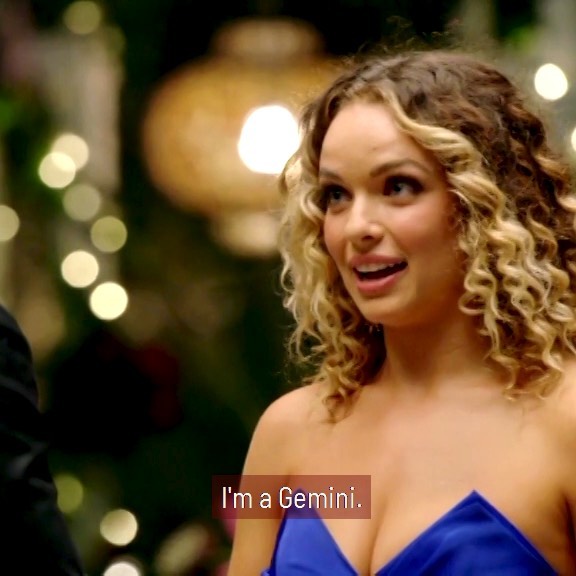Astrology is the long standing practice of regarding the motions of the sun, moon, planets and stars as influential on human behaviour, character and destiny. It’s many incarnations produced many texts that while concerned with the motions of celestial bodies, were often wrapped in philosophical and medical “half rationalised magic” (North 2008) that persisted throughout the Middle Ages, scholasticism, the Renaissance and the beginning of the scientific method through to the present day.
The question presented here about whether modern astronomy owes some debt to astrology is predicated on the fact that beneath the superstition, actual data and study of the motion of the solar system and beyond were recorded and transmitted throughout these periods. Indeed the very foundations of astronomy are built on astrological texts and almanacs of ephemeris. Without this data can we assume that what we consider modern astronomy would not have surfaced in the time period it did?
That is a reasonable perspective I think and I can see why this is compelling. Even today more paper is wasted every single day printing horoscopes than is given for reporting on astronomy. Surely such a pervasive mythology has some merit? Agumentum ad populum.

I suggest that the practice of astrology, while instrumental in the documentation of ephemeris and it’s utility in the eventual divergence that became astronomy actually delayed astronomical exegesis.
Firstly, where astronomy got its first mathematically rigorous foothold in Mesopotamia astrology was eventually prohibited by the Islamic faith for predicting the future and state-sanctioned astronomy (which was funded and tenacious) was in direct competition with astrology which drew the ire of religious scholars (Saliba, 1994).
Secondly astrology also competed in the Christian Europe in the same way, and it took Thomas Aquinas to reform catholic thinking to be compatible with astronomical wisdom at the time, whose astrological underpinnings were at odds with the churches. Pope Sixtus V issued a papal decree “We decree and declare against astrologers” (Sixtus 1586).
In this sense, both western and eastern astronomy had to contend with astrology in order to move forward scientifically with both churches even though both the christian and muslim faiths had intrinsically astronomical questions (The new moon, direction of Mecca, Easter, Lunar calendars etc). It could be argued that the heliocentric view posited by Copernicus independent of astrology may have been more readily accepted had astronomy carried less theological and mystical baggage due to astrology. If astronomy was considered naturalistic and not supernatural in the first place – it would never have competed with the church, which would have been astronomys largest sponsor during the Renaissance both in the east and the west. Basically we’d all have our jet packs by now.
So yes, astrology is a dirty word. It’s not as bad as the C word*, but it’s up there.
References
North, J. (2008). Cosmos. USA: The University of Chicago Press.
G. Saliba, (1994), A History of Arabic Astronomy: Planetary Theories During the Golden Age of Islam, New York University Press
Ouimet, A. (2019) The Condemnation of Astrology: The Secret Vatican Archives and Pope Sixtus V Accessed 1st October via https://www.academia.edu/12612787/The_Condemnation_of_Astrology_The_Secret_Vatican_Archives_and_Pope_Sixtus_V

Recent Comments